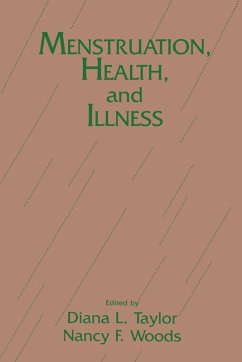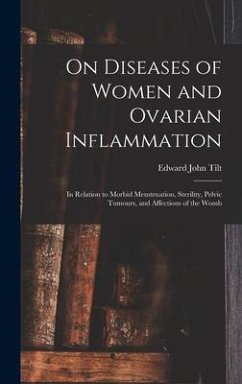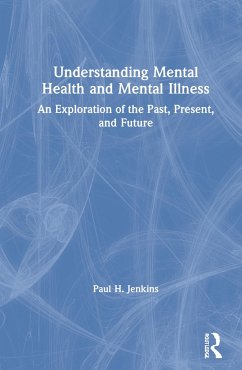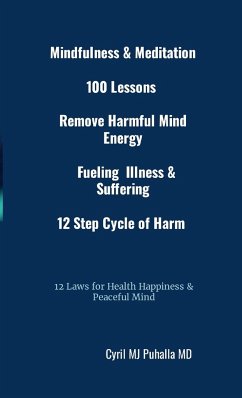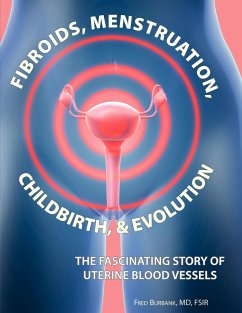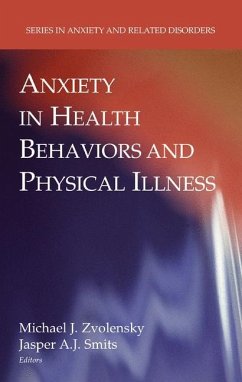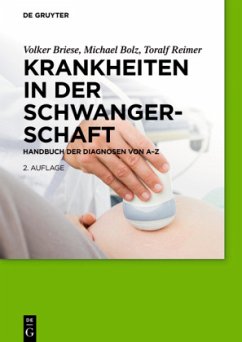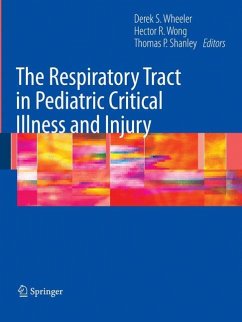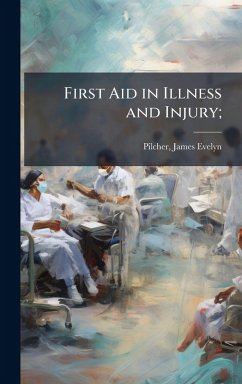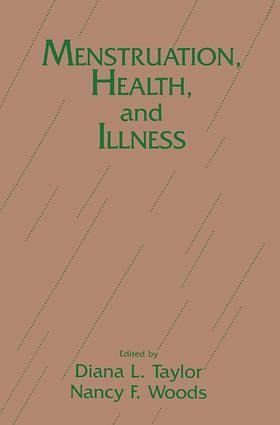
Menstruation, Health And Illness

PAYBACK Punkte
79 °P sammeln!
The seventh conference of the Society for Menstrual Cycle Research, held at the University of Michigan in Ann Arbor in June 1987, continued the work of previous meetings to provide a forum for research and knowledge about menstrual cycle phenomena. Founded in 1978, The Society for Menstrual Cycle Research is an organization of scientists, scholars, clinicians, students, and consumers who share an interest in women's lives and health needs as these relate to the menstrual cycle. In addition to the main theme, the seventh conference focused on (a) psychosocial, cultural, and historical aspects o...
The seventh conference of the Society for Menstrual Cycle Research, held at the University of Michigan in Ann Arbor in June 1987, continued the work of previous meetings to provide a forum for research and knowledge about menstrual cycle phenomena. Founded in 1978, The Society for Menstrual Cycle Research is an organization of scientists, scholars, clinicians, students, and consumers who share an interest in women's lives and health needs as these relate to the menstrual cycle. In addition to the main theme, the seventh conference focused on (a) psychosocial, cultural, and historical aspects of the menstrual cycle, (b) theoretical issues and management considerations for premenstrual syndrome, and (c) future directions in menstrual cycle research.First published in 1991. Routledge is an imprint of Taylor & Francis, an informa company.





